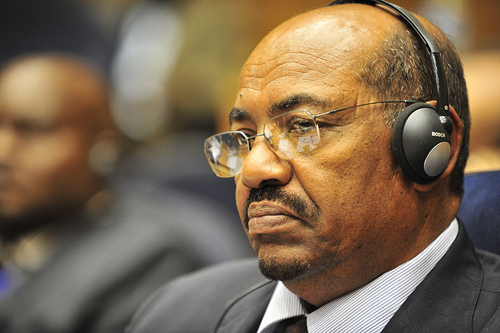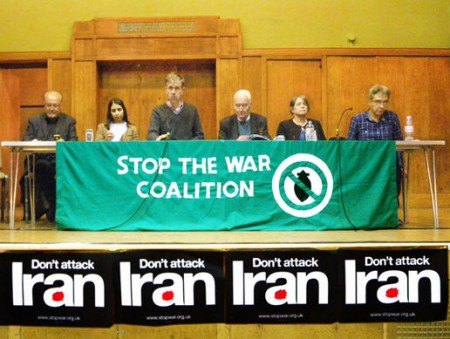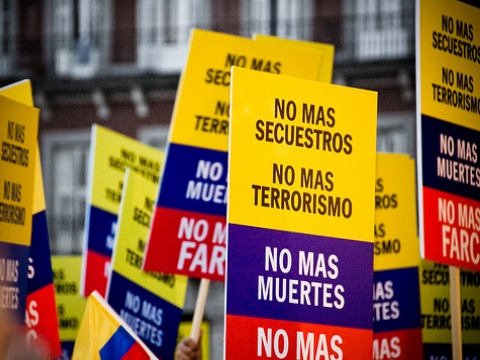
Attempts to isolate and marginalize Sudanese President Omar al-Bashir have been mixed at best. The man many people believe is ultimately responsible for the violence and misery of Darfur – and who has been indicted by the International Criminal Court (ICC) for it – has worked tirelessly to show that, as a head of state, he can still galavant across the globe to international conferences and state meetings.
Of course, Bashir hasn’t always been able to go wherever he wants. He hasn’t visited a ‘Western’ state since he was indicted by the ICC in 2008. While he has visited ICC member-states, notably Chad and Kenya in 2010, he is still severely constrained in his movements and Malawi, a member-state which originally let him visit in 2011, has since declared that he is unable to do so again.
As many readers will know, the marginalization of perpetrators of atrocities is a central argument for proponents of international criminal justice. In brief, the argument suggests that investigations and the issuance of arrest warrants against international criminals will isolate them, both within their networks of power such as a government or a rebel group as well as within the international context. In the long-run, it is hoped that this marginalization can ultimately fill the docks of international criminal tribunals and deter the commission of crimes.



